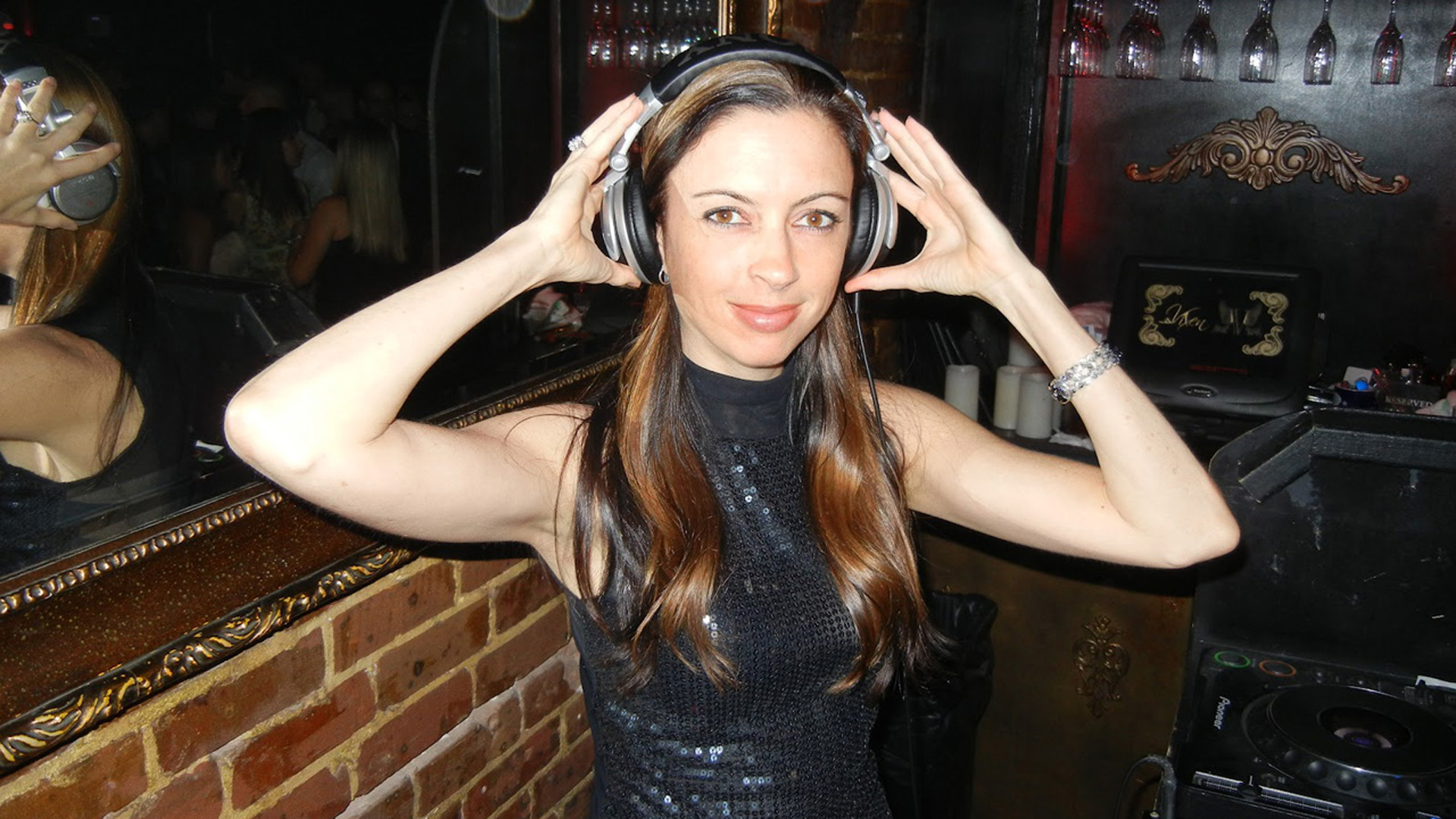

The constant in the group's vision is a cultivation of changing aesthetics using the mindfulness of hip-hop natives, making historical reappraisals through contemporary lenses, and filtering both via the dignity of local community values.


Just as the collective's sound is in constant, determined flux, so are the mediums through which it's presented: SOTC's four albums-cum-mixtapes, a couple of singles, and occasional short-run films/video installations, are as central to the group's legend as its concerts and happenings, which can take place in a club or DIY space, at a museum or an art-house theater, each carrying its own specificity of liberative intent. Since they began operating in 2014, its members, predominantly Black and Caribbean with Escobar emphasizing his Nuyorican heritage, have become key representatives of New York's new inter-borough musical avant-garde, part of a young creative Blackness vanguard. With composer, conductor and co-founder Gio Escobar at the center of a constantly rotating band line-up that's seldom the same for consecutive performances, each of which might feature a radically different concept and repertoire, SOTC moves freely yet decisively between jazz improvisations, dub excursions, garage-noise freak-outs and lo-fi hip-hop collage, giving prescience to Hua Hsu's observation that its music sounds like "field recordings from a vanishing city." SOTC's work is deeply wedded to this sense of place. The New York collective Standing on the Corner often calls itself an "art ensemble," a moniker which helps outline its approach to music and performance, while hinting at its creative roots and perspective.


 0 kommentar(er)
0 kommentar(er)
